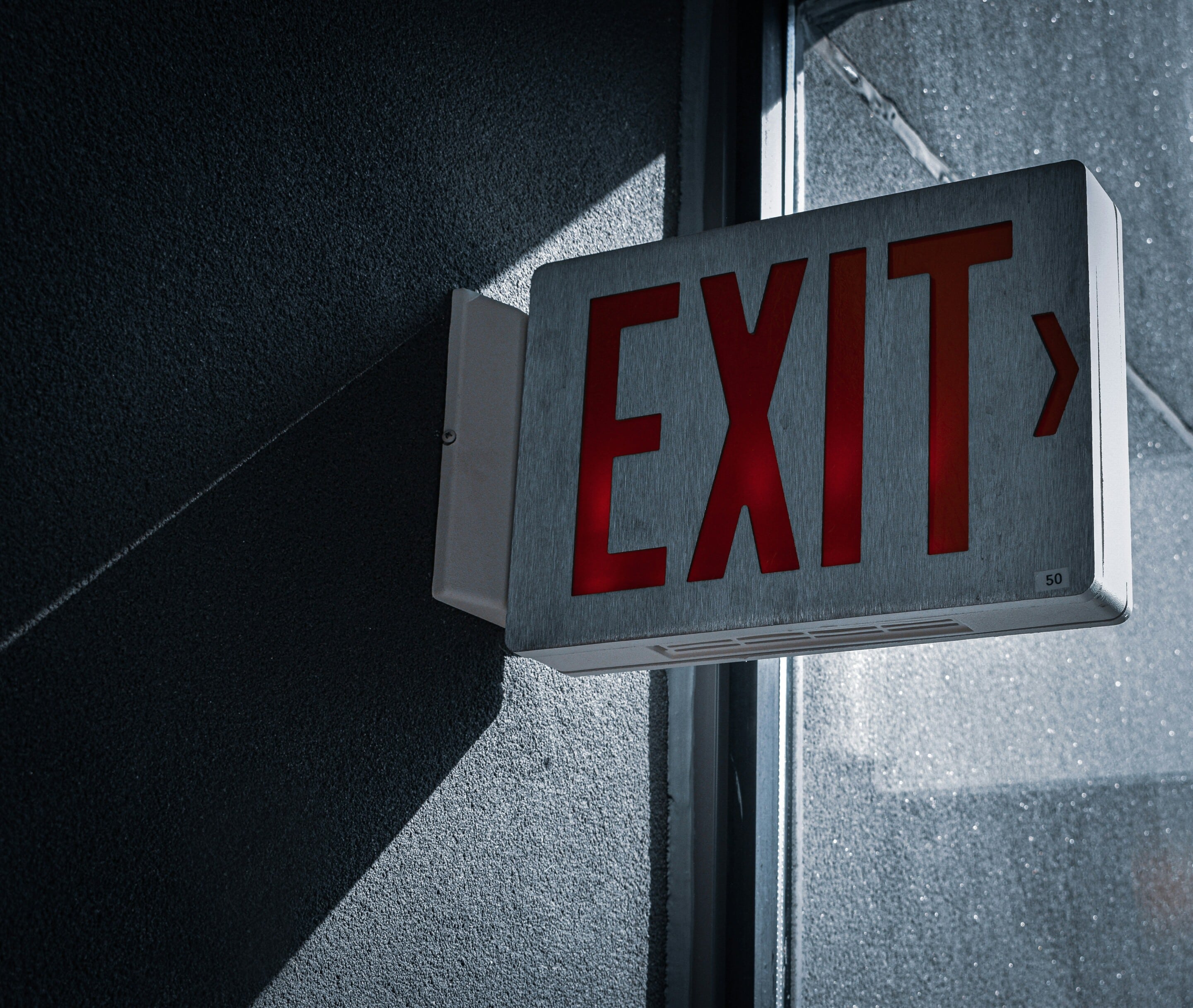The potential departure of Uber and Lyft from Minneapolis has sparked concerns among local drivers dependent on the gig economy. With repercussions that may affect the livelihoods of Uber and Lyft drivers, the looming exit poses a significant shift in the rideshare landscape. In this informative piece, we will delve into what this potential change signifies for Minneapolis drivers relying on these platforms, exploring the implications and potential pathways forward in this evolving scenario.
Understanding the Shift
The Exit Scenario
Uber and Lyft have hinted at a possible withdrawal from Minneapolis, which has put both riders and drivers on high alert. This development comes in response to regulatory proposals that the companies argue would be detrimental to their business models. Such a move could dismantle a significant portion of the local gig economy that relies heavily on these platforms for income. The exit scenario is not without precedent, as seen in other cities where regulatory challenges have led to similar pullouts. For Minneapolis, this could mean a sudden disruption in the availability of rideshare services, which many have come to depend on for both transportation and employment. This shift underscores the need for drivers to stay informed and prepared for changes that could impact their source of income.
Impact on Minneapolis Drivers
The potential exit of Uber and Lyft from Minneapolis stands to significantly disrupt the lives of local drivers. Many Uber and Lyft drivers have built their routines and financial plans around the flexibility and income provided by these platforms. The departure could lead to a loss of primary or supplementary income for these individuals, affecting their ability to make ends meet. Additionally, the competitive landscape for rideshare services would drastically change, possibly leading to reduced fare opportunities and fewer choices for drivers to pivot to other platforms. The gig economy in Minneapolis, which has expanded due to the presence of these rideshare giants, would face a contraction, pressuring drivers to adapt quickly or seek alternative employment in a market that may not offer the same flexibility.
Alternatives in the Gig Economy
Should Uber and Lyft exit Minneapolis, drivers may need to look for alternatives within the gig economy. Fortunately, the gig economy is diverse and offers a range of opportunities outside of rideshare services. Delivery services like DoorDash and Instacart have seen a surge in demand, and they could represent viable options for drivers. Additionally, niche rideshare companies or new startups might emerge to fill the void left by Uber and Lyft. These platforms could offer similar or even improved terms for drivers. Another alternative is for drivers to consider freelance work in different sectors that can leverage their skills and availability, such as moving services, personal shopping, or courier services. While these alternatives may require a period of adjustment and may not replace the earnings from Uber and Lyft immediately, they provide a pathway for drivers to continue working within the gig economy.
Adapting to Rideshare Changes
As the rideshare industry faces potential changes, drivers in Minneapolis will need to adapt. Staying informed about the latest news and regulatory developments is crucial. Drivers should actively participate in community forums and engage with local driver groups to share information and strategies. Networking with other gig economy workers can uncover new opportunities and offer support during transitions. Financial planning is also more important than ever; drivers may need to reassess their budgets and savings plans to ensure financial stability. Learning new skills can make drivers more versatile and open up additional income streams. Finally, drivers should remain open to shifting to different platforms or areas of the gig economy, being ready to quickly move to where the demand is. Proactivity and flexibility will be key traits for drivers navigating this uncertain future.
As always you can download the podcast here and to get all your news, the podcast, and newsletter, check us out at the gigeconomyshow.com

